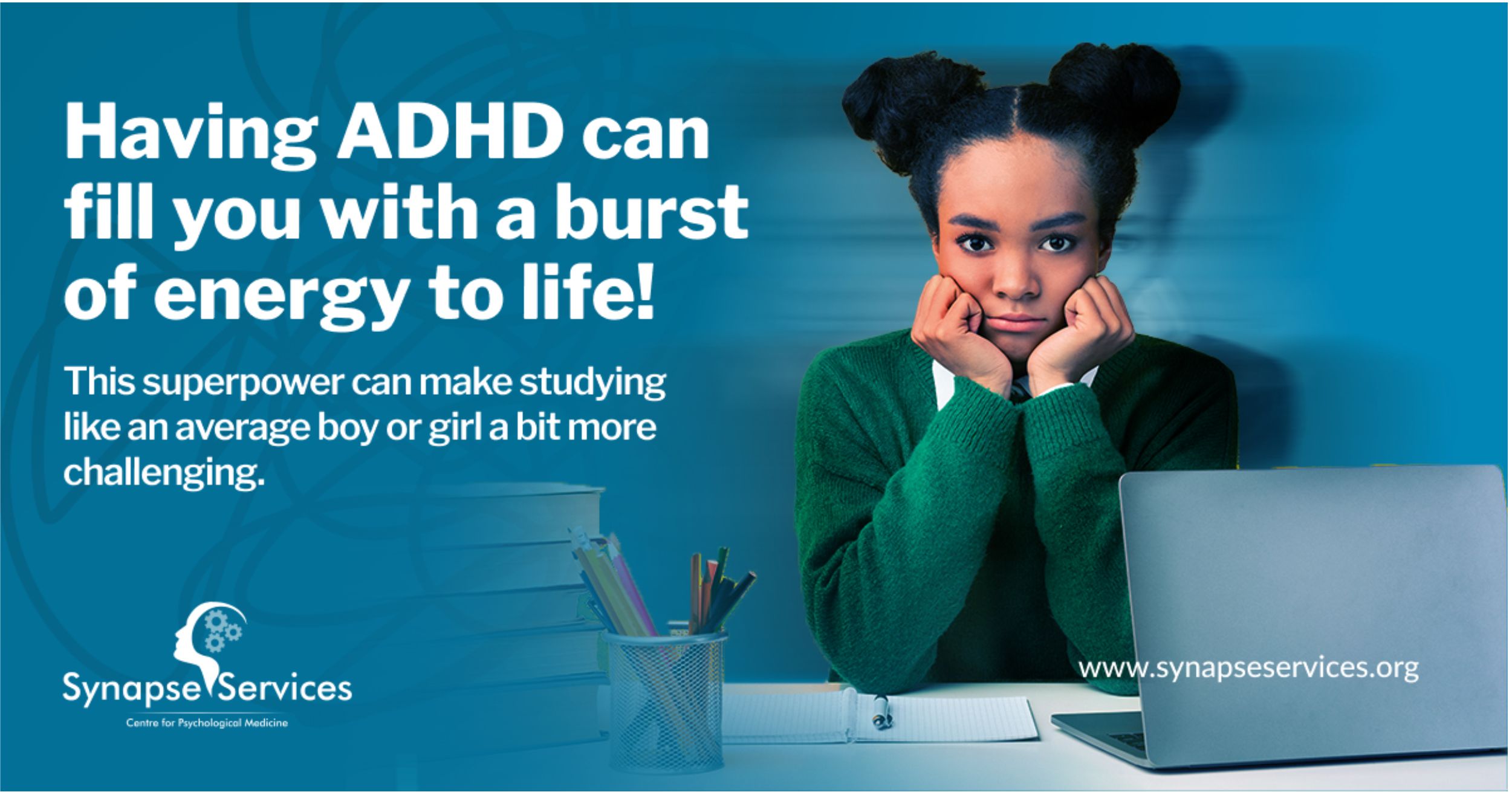
Let Those With Mental Health Challenges Get Help:
It Is Our Collective Responsibility
Mental disorders still attract negative responses from the public in Nigeria.
Those who suffer from these disorders initially feel a sense of shame and then deny symptoms to avoid being stigmatised or discriminated against. Family members and other significant others, at work or school, feel a sense of embarrassment about the symptoms, as they imply a bad omen to the relationship.
Quite often, people with mental health challenges are considered to be people who have been cursed, committed religious wrongs, failed in their obligations towards others and have to suffer consequences related to the “infirmity of the mind”.
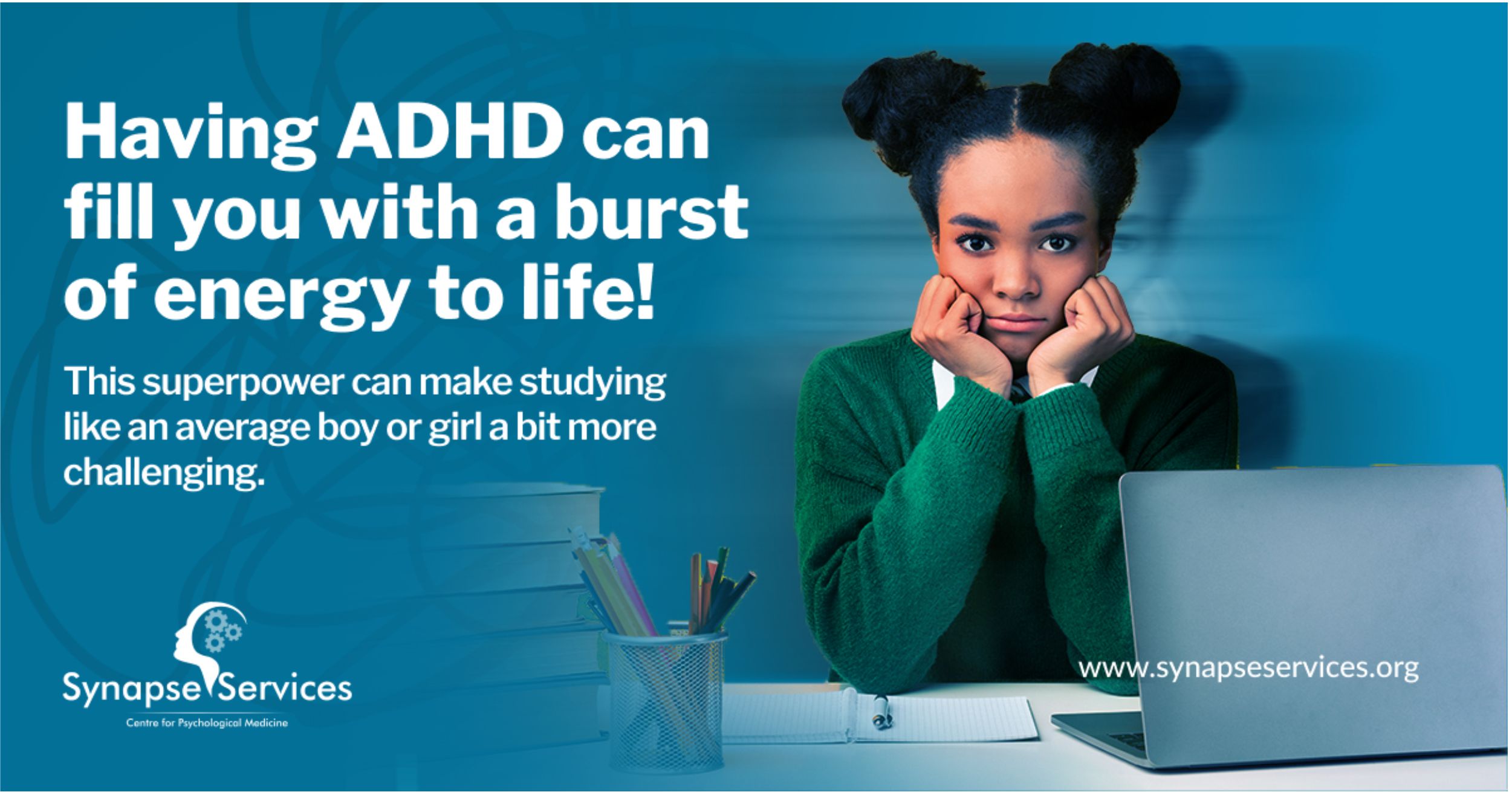
This infirmity is considered to be the worst calamity that could befall anyone. This is also the reasoning behind mental health disorders “running in the family”. The general belief is that they are indications of generational curses such that family members in good mental health condition are imagined to be potentially “ mentally sick” and do not deserve social patronage for long-lasting friendships or trust-related positions.
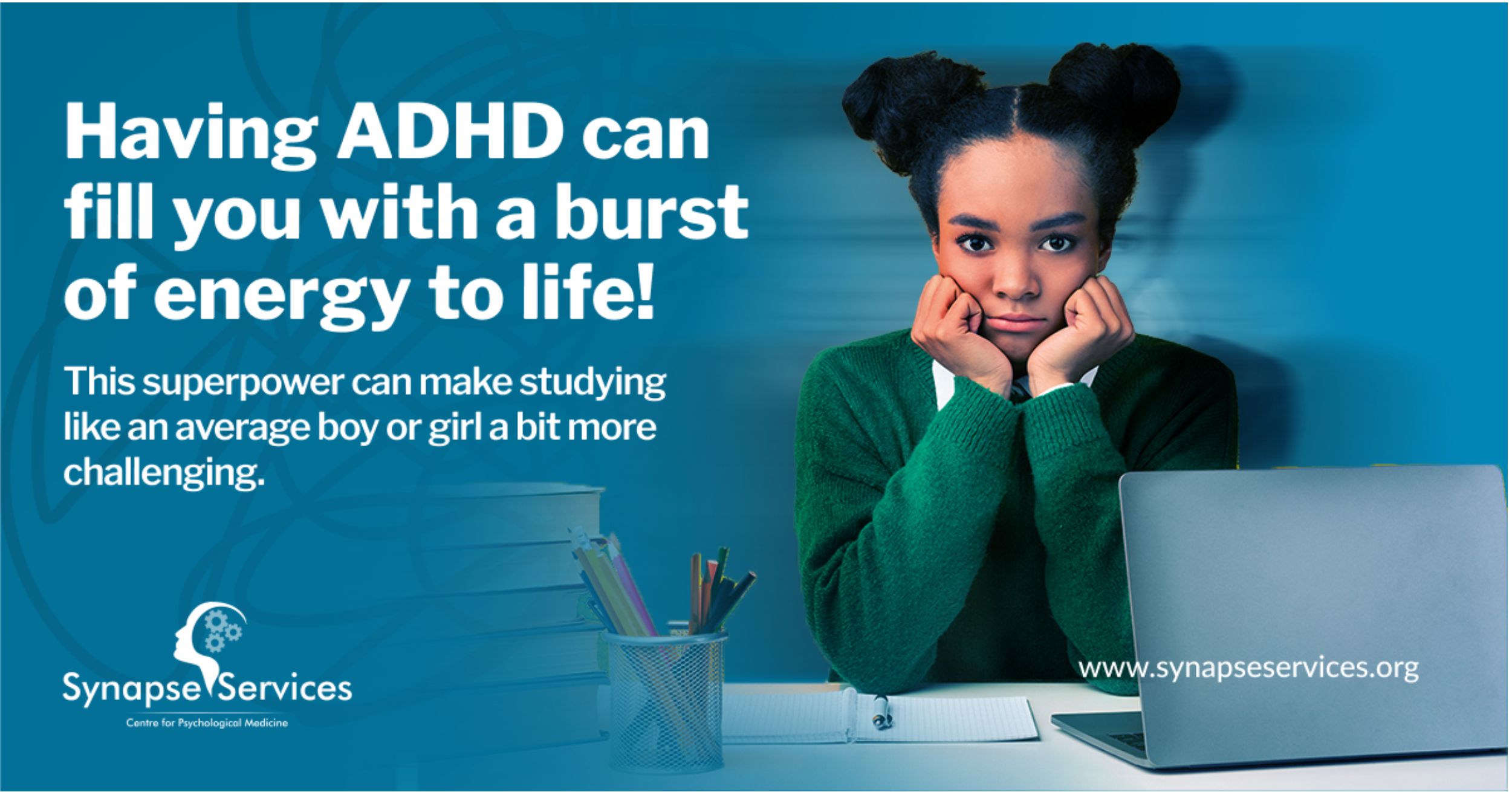
Marriages with them are considered to be high-risk life commitments by those who dare. In positions of trust at work or in society, negative attitudes towards them conjure psychological biases against well-intentioned, adjusted or organised behaviour as abnormal.
These responses often discourage help-seeking for those who need it. In some cases, help-seeking is delayed until the symptoms of disordered behaviour become obvious and either constitutes a threat to life or become sufficiently embarrassing to the individual and his close social filiates.
It matters, however, where people with mental health disorders go to get help. Granted, that worldviews and beliefs influence actions people take about ill health, it is imperative to step up mental health education to enable the Nigerian public to have accurate information on mental health.
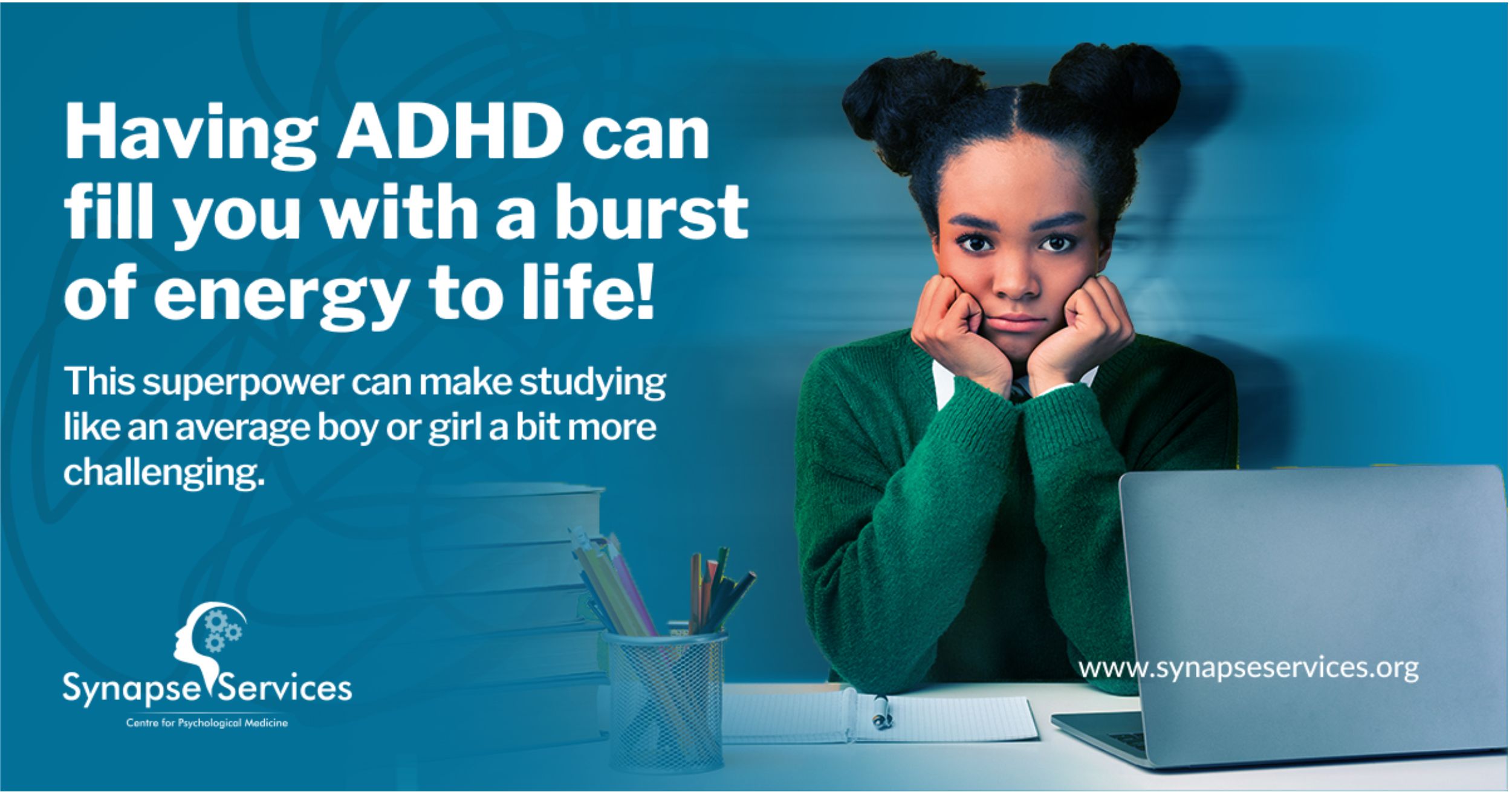
Education illuminates the mind and improves human understanding of issues. Herein lies the challenge for mental health practitioners who must put all hands on deck to ensure that there is massive public education on current conceptions of mental disorders, recognition of symptoms and appropriate help-seeking pathways.
This is the surest way to destigmatise mental disorders and to make help seeking a considered right decision for our brothers, sisters, friends and other loved ones who need treatment. Treatment prevents the symptoms from getting worse, “as a stitch in time save nine”. Treatment restores functioning, improves quality of life and reduces the possibility of stigmatisation that is often associated with dysfunctional behaviour. Therefore, let those with mental health challenges get help, it is our collective responsibility to do so.
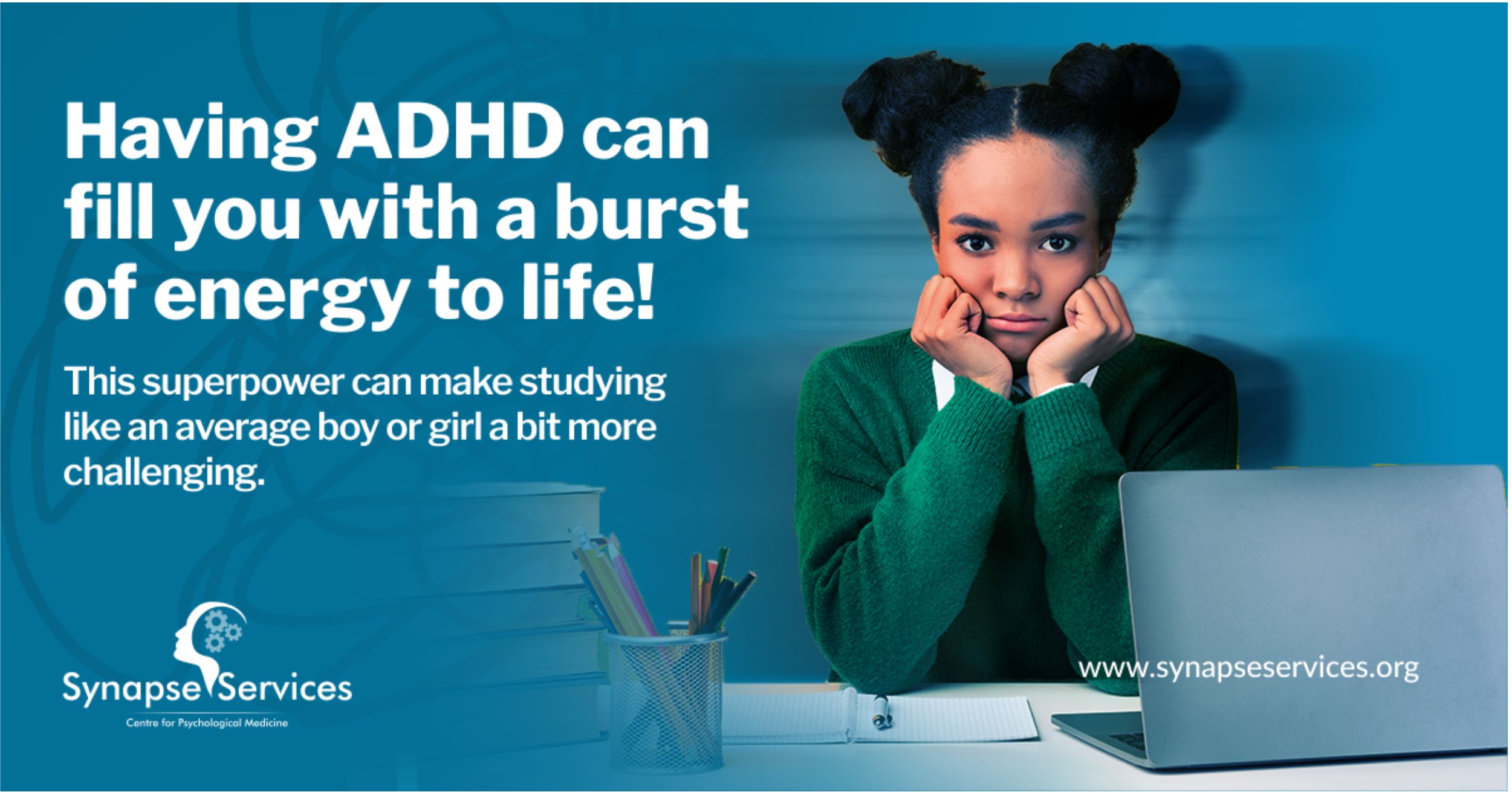
Professor Prof. Andrew Zamani is the Director of the Institute of Governance and Development Studies at Nasarawa State University.
Supporting Mental Health Access: A Collective Responsibility:
In embracing our collective responsibility for mental health, Intersect Consortium advocates for accessible support.
Explore the specialized mental health services at our Treatment Hospitals—where compassionate care meets community responsibility.
Website: www.intersectconsortium.com
IG- @intersectconsortium
Phone Number: 0905 690 6007
Address: Plot 220, E Momoh Avenue, Kado, Abuja Nigeria
Your path to well-being starts here

